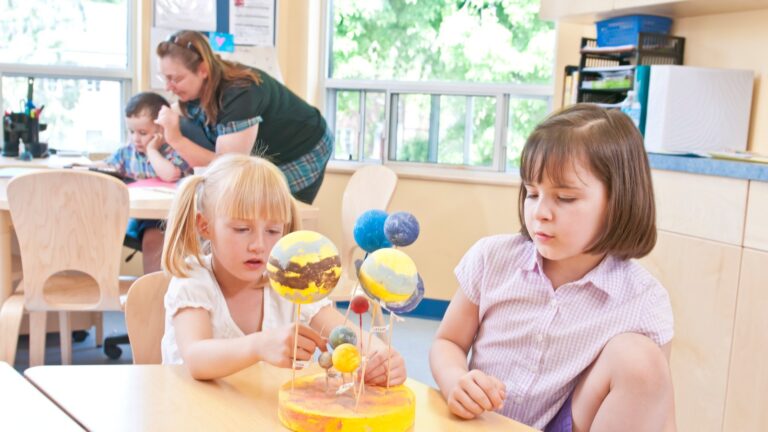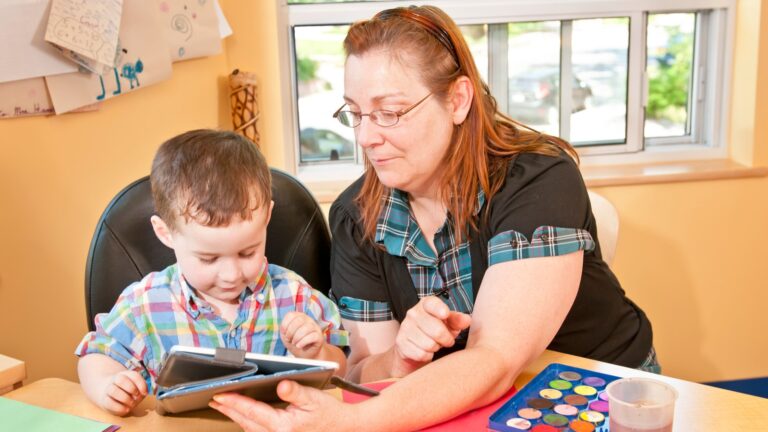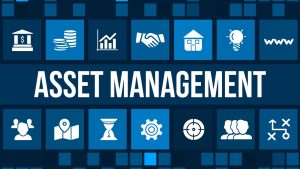Until a child is eight years of age, they receive early childhood education. Scientifically, this age period is regarded as one of the most critical phases for a human as their cognitive skills are being developed. Therefore, the importance of receiving proper education during this period becomes integral. This is why early childhood educators must be trained explicitly in terms of the content they should be teaching and how they should teach. In a classroom with students of various backgrounds and abilities, it is not easy for teachers to provide a rich educational experience for a diverse community of children without professional development opportunities. This blog will assess why professional development opportunities are essential for childhood educators.
But First - Why is Early Childhood Education Important?

Parents and teachers need to take a child’s early education seriously. Instead of attempting to teach a child from home, sending them to a kindergarten or educational centre is far more beneficial. This is because an educational institute’s focus is not limited to developing cognitive skills. Instead, they also focus on nurturing their social and development skills. For example, early childhood would be the years that are crucial to building a child’s confidence and self-esteem and practising skills like patience.
Further, a classroom would expose students to different diversities allowing them to become well-rounded individuals. Considering that this would be the first environment where children will be exposed to others of the same age, from different backgrounds and ethnicities, children will grow up not seeing any barriers between different cultures. By interacting with one another, educational institutes help students communicate, listen, and express emotions based on their daily interactions with them.
While certain countries do not consider early childhood education compulsory, studies show that those who are enrolled in early childhood programs result in a more successful academic and financial future than those who do not. In recent years, however, governments worldwide have identified the importance of early education, requiring policies to be introduced so that early education is standardised.
What is Professional Development?

While various organisations have adopted different definitions, in a broader context, early childhood education professional development offers learning and support activities for educators to help them do their roles better. These opportunities are a way for teachers to polish up their skills and knowledge whilst learning about the latest educational standards they have to meet in this field that is consistently subject to changes and has evolved throughout the years.
A typical professional development session should be designed with evidence-based best practices which are consistent with adult learning. In other words, professional development courses need to have a foundation that bases its practices on research and theory to address the diverse needs of children in an accessible manner. Due to the ambiguous nature of professional development, national, state, and local institutes have fragmented notions of it. As a result, while some may consider a single workshop to be sufficient, technical assistance, coaching, consultation and mentoring are key aspects of early childhood professional development. Thus, in today’s world, professional development encompasses three aspects, including education, training and technical assistance. The best teachers would have engaged in all types of professional development.
The Context in Singapore
In Singapore, education below six years of age is deemed not to be compulsory. However, this has not stopped most Singaporean children from attending preschool, despite the fact that they are mainly offered in the private education sector, although 36 kindergartens are registered with the Ministry of Education. Hence, around 95% of children aged four to six are enrolled in either one of the 488 kindergartens or 721 childcare centres. However, the government started to recognise the importance of the quality of early childhood education, especially the role held by teachers. Among its many initiatives, the government introduced a top-down notion of educator training in 2008 to guarantee consistency in teacher training. The adoption of the Early Childhood Development Agency (ECDA) and the National Institute of Early Childhood Development (NIEC) in 2013 and 2018 are other initiatives that play a central role in providing professional development for teachers in Singapore today. The ECDA has enhanced professional development opportunities for teachers, striving to improve their professionalism, working conditions and well-being.
Reasons Why Early Childhood Professional Development is Important

There are many advantages early childhood professional development can provide on an individual and institutional basis. While individually, it would help a teacher’s own professional growth, an institution that prioritises professional development for early childhood educators can gain a positive reputation in the educational sector. Irrespective of who gains from early childhood professional development, here are a few reasons why it becomes important:
Stay Up-to-Date
Education courses and syllabuses change every few years. While the content may slightly or drastically change, it may require the teacher to change the way they would teach it to students. When teachers shift to another educational institute situated in a different geographical location, there is a high chance that the method used to teach previously will no longer be effective. Hence, the need to provide professional development opportunities to countries worldwide has become important so that it allows teachers to understand the best way students, exclusive to a specific location, can easily grasp their education. Fields such as linguistics are moreover always on the verge of making new findings on the best practices of teaching early education. Hence, different trends may appear, requiring teachers to have an open attitude to learn and adapt.
Unique Insights from Informal Learning Experiences
Professional development opportunities for early childhood educators are not limited to degrees or traditional coursework. It also paves the way for a community to be established whereby early childhood educators receive a platform to share their experiences. Considering that different educators would have been exposed to different conditions and various social backgrounds, their unique stories and insight into how a specific situation was handled offer a form of education that cannot be experienced elsewhere. It also offers teachers from one region to get together and brainstorm to come up with innovative and unique ways to address solutions. This informal setting is a great way for new teachers to gain knowledge and expertise. Since many teachers start their professional careers by being put into pre-schools, having professional development opportunities such as this offers a safe space for teachers to learn and grow.
Learn How To Handle Situations Professionally
While early childhood educators focus on teaching small children, they need to remain professional in every respect. This includes their teaching styles and how they communicate with parents. No matter how emotional they get, communicating with concerned parents requires teachers to be professional in how they conduct themselves. Given that many childhood educators are underpaid and feel unappreciated, being put into professional development training instils in them a sense of confidence. By participating in professional development opportunities, new early childhood educators will be able to understand and feel the important role they play as educational facilitators. Consequently, they can be more confident in every interaction, be it teaching or communicating with parents. A confident teacher results in the child receiving a positive experience in the classroom.
To Ensure A Child Receive A Holistic Education
The most important aspect of offering professional development opportunities for early childhood educators is to ensure that students receive a holistic education. Children should be able to feel that their teachers understand them and have the space to grow freely instead of being scared or restricted. Hence, not implementing social barriers and instead offering a welcoming environment for students of different backgrounds, ethnicities, and abilities is a great way to create a better society. As children are indeed the future, giving each individual an equal attention and helping them improve their skills is pivotal. In this respect, having cordial relations with parents and keeping them informed on their child’s progress is also essential. One barrier, however, may concern a teacher’s own administrative responsibilities. To solve this, early childhood educators require technical assistance so their full attention can be given to each child’s early education.
Early Childhood Professional Development Equals to Life-Long Learning
Professional development is not a one-off occurrence. It is instead something which occurs on a continuous basis so that teachers are trained annually where their skills are refined to become better in their roles and responsibilities. This means no matter how experienced a teacher is, early childhood professional development is a consistent process that requires continuous training. As the education landscape has evolved over the years, the education standards have changed. For example, centuries ago, not all ethnicitieswere privileged to beg in a classroom. Hence, as integrated classrooms started to emerge, it required teachers to take into account student differences, be they ethnic, cultural or economic factors. Institutes that champion professional development can enhance their reputation as inclusive and diverse educational centres that champion equal quality early education for all.






